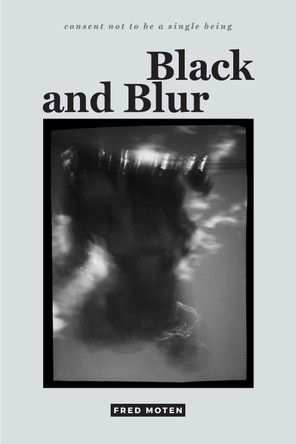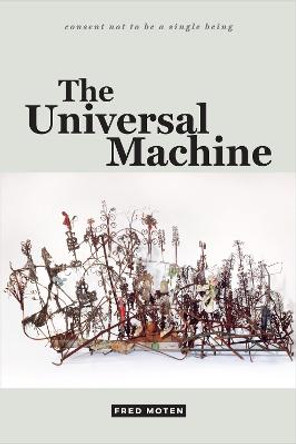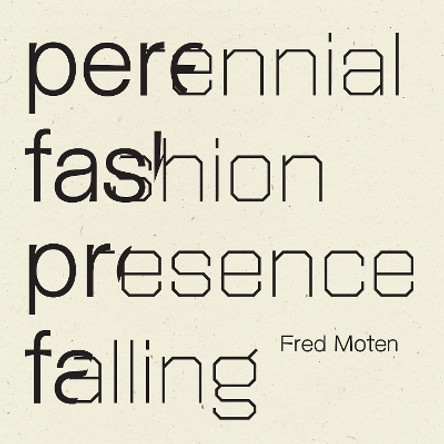Description
In Stolen Life-the second volume in his landmark trilogy consent not to be a single being-Fred Moten undertakes an expansive exploration of blackness as it relates to black life and the collective refusal of social death. The essays resist categorization, moving from Moten's opening meditation on Kant, Olaudah Equiano, and the conditions of black thought through discussions of academic freedom, writing and pedagogy, non-neurotypicality, and uncritical notions of freedom. Moten also models black study as a form of social life through an engagement with Fanon, Hartman, and Spillers and plumbs the distinction between blackness and black people in readings of Du Bois and Nahum Chandler. The force and creativity of Moten's criticism resonate throughout, reminding us not only of his importance as a thinker, but of the continued necessity of interrogating blackness as a form of sociality.
About the Author
Fred Moten is Professor of Performance Studies at New York University and the author of Black and Blur and The Universal Machine, both also published by Duke University Press, and In the Break: The Aesthetics of the Black Radical Tradition.
Reviews
"It's this spirit of the collective effort of study and exchange and resonance, the effort to keep the channels open and keep listening, that has made Moten (or, maybe, 'Moten/s') such a celebrated thinker. At the end of sentences like these, you want to say something like Amen." -- Jess Row * Bookforum *
"At a time when both theory and criticism are frequently and convincingly attacked as exhausted forms, Moten's trilogy has reinvented both. . . . In its mixture of theoretical complexity and disarming directness, Moten's beautifully written trilogy offers the sheer pleasure of art." -- Lidija Haas * Vulture *
"My favorite book(s) of 2018 are the three volumes of Fred Moten's consent not to be a single being, individually titled Black and Blur, Stolen Life, and The Universal Machine. In this collection of essays stretching back fifteen years, Moten challenges the reader to imagine a radically interconnected aesthetic and political sphere that stretches from Glenn Gould to Fanon to Kant to Theaster Gates, sometimes in the space of a single sentence. This trilogy is one of the great intellectual adventures of our era." -- Jess Row * Bookforum *
"2018 must go down for me as the year of Fred Moten's trilogy: Black and Blur, Stolen Life, and The Universal Machine. You could say they're essays about art, philosophy, blackness, and the refusal of social death, but I think of them more as a fractal universe forever inviting immersion and exploration, a living force now inhabiting my bookshelf."
-- Maggie Nelson * Bookforum *
"consent not to be a single being, titled after a phrase of Edouard Glissant's, ranges across an impressive number of disciplines: black studies, performance studies, aesthetics, phenomenology, ontology, ethnomusicology, jazz history, comparative literature, critical theory, etc. Without announcing its intervention as interdisciplinary-Moten deftly renders discipline beside the point. . . . Taken together, the series amounts to a powerful argument for black study-as an analytic, an impetus, a mode, the collective shout from a radical vista, whose bellow requires nothing less than 'passionate response' (Moten 2003)." -- Mimi Howard * boundary 2 *
"Whether reading his poetry or theory, listening to his lectures, Moten will change how you think about almost everything." -- Melissa Chadburn * Literary Hub *
Book Information
ISBN 9780822370581
Author Fred Moten
Format Paperback
Page Count 336
Imprint Duke University Press
Publisher Duke University Press
Weight(grams) 476g









